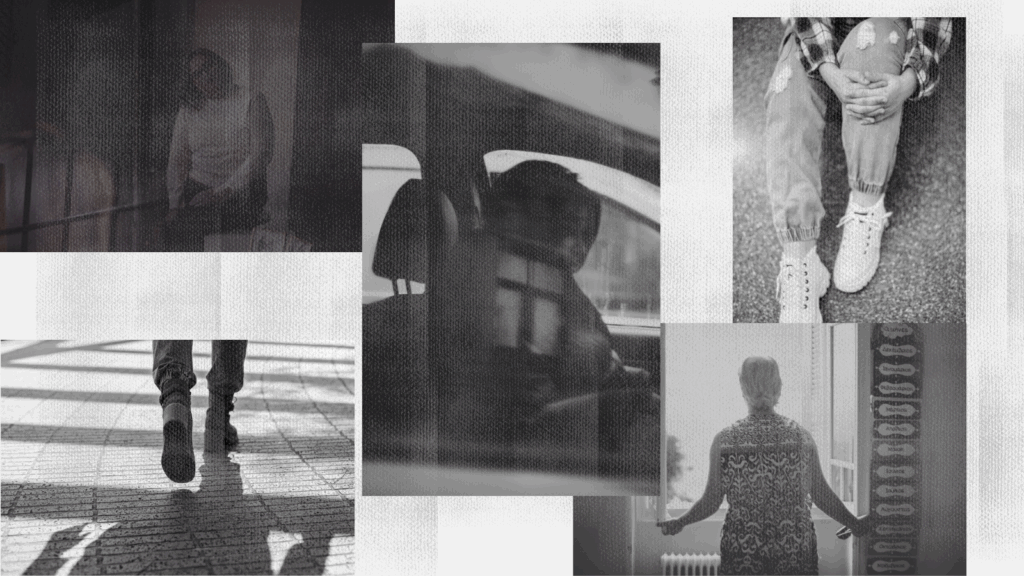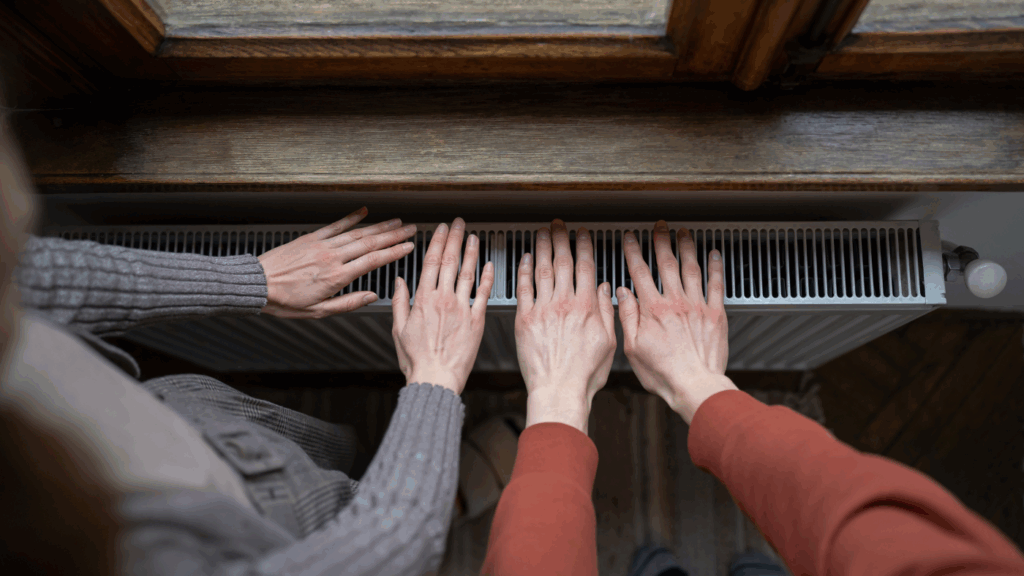This year our Migration Network Meeting, an annual gathering of Eurodiaconia’s members working on integration of migrants and refugees, was held in Madrid and hosted by Eurodiaconia member Diaconía España. The theme of the network meeting was the obstacles and promising practices for the reception and integration of refugees from Ukraine with a special focus on the integration of children. The Russian invasion of Ukraine has emphasised already existing challenges in the integration of refugees and migrants across all EU members states.
When arriving to the EU, migrants and refugees face many obstacles in their everyday life. In addition, they face higher risks of social exclusion, discrimination and poverty, which hinder their access to employment, education and training. Fighting against the former requires not only political commitment and policy reforms, but also to follow a collaborative approach with civil society organisations and migrants and refugees themselves, to enable their full integration and participation in society. Our members have extensive experience on supporting migrants and refugees in their integration process, which enables them to provide a response to the specific situation of refugees coming from Ukraine.
The event was hosted by Diaconía España in Madrid, who opened the two day event by presenting their multidisciplinary projects on international protection, integration, and the fight against human trafficking. Their diverse programmes range from awareness campaigns, training of professionals to identify potential trafficking victims, to the creation of safe living spaces, access to phycological, health, and legal services; as well as tailored workshops to improve employability. All their initiatives are aimed to reinforce each other to provide holistic services in each integration stage.
The morning session concluded with an EU Policy Update where Eurodiaconia gave an overview of the application of the Temporary Protection Directive, the Action Plan on Integration and Inclusion, and a presentation of Eurodiaconia’s advocacy work at EU level. Eurodiaconia also introduced the European Pillar of Social Rights and the European Semester, underlying how advocacy at national level is key to ensure that governments develop more ambitious national policies and targets.
During the second part of the day, our members Living Hope NGO (Ukraine), ASSOCIAÇÃO PROABRAÇAR (Portugal), Diaconia Latvia, the Fédération d’Entraide Protestante (France), Diakonie ČCE – SCPS (Czech Republic) and Diaconia Valdese (Italy), presented the situation in their countries and their projects on the reception and integration of refugees coming from Ukraine. The session finalised with a policy development workshop. Our members cooperated to identify shared concerns, main challenges, and recommendations to national governments and EU institutions based on their practical knowledge of the conditions on the ground.
During the second day, the team visited Hotel La Posada de Alameda, a project run by Diaconia España and a great example of a social enterprise that has now been converted fully into a reception centre for migrant and refugee families. The project provides a safe housing environment to work towards autonomy and foster the full integration of the families in Spanish society and the labour market. Through diverse workshops and activities (language courses, theatre, outdoor sports, or intercultural dinners, among others) they bring together families with local communities in the area.
The key messages established at the meeting include the need to recognise the essential role of social service providers in the fulfilment of the social rights of migrants and refugees and to formally include them in decision making processes. Our members’ main concerns regarding the ongoing situation of Ukrainian refugees as well as refugees from other countries are the lack of long-term funding, language barriers, difficulties for recognition of qualifications, and the necessity to reform the social housing systems and long-term plans for the accommodation of refugees. Concerning the contested two-tiered approach towards Ukrainian refugees, another relevant conclusion that our members underline is that the quick procedures and access to a wide level of social rights under the Temporary Protection Directive should not be a privilege granted only to refugees in extraordinary circumstances. Instead, these positive practices, including the right to free movement in all Member States, should become a standard for all refugees and a model for the New Migration Pact.
Eurodiaconia would like to thank Diaconía España for hosting our Migration Network Meeting, and all the participants for the valuable exchange of experiences and best practices. We look forward to future collaborations to advance in the recognition of the rights of migrants and refugees and promote effective integration practices.



